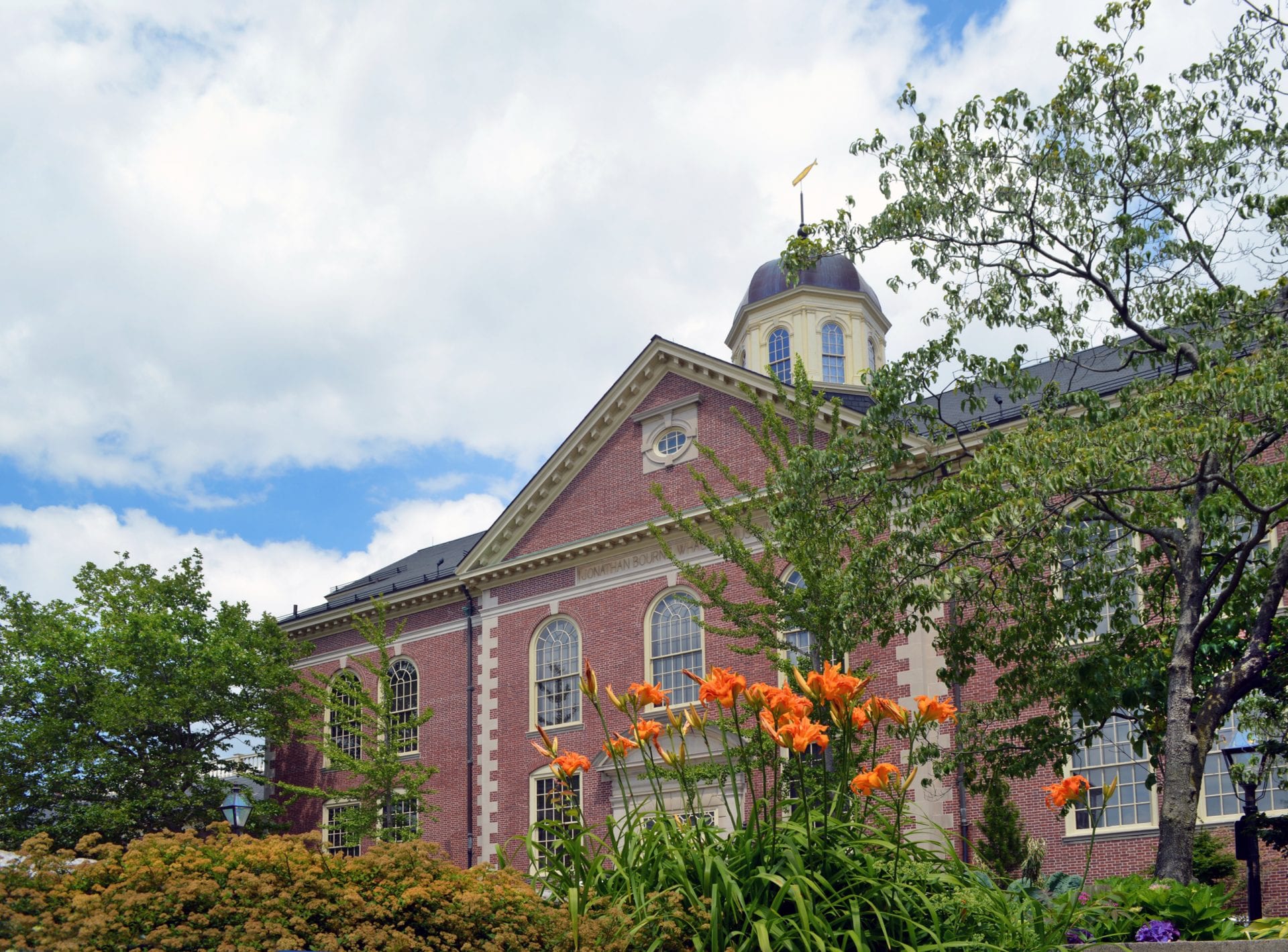About the New Bedford Whaling Museum
Mission
The New Bedford Whaling Museum ignites learning through explorations of art, history, science and culture rooted in the stories of people, the region and an international seaport.
Anchored in the story of New Bedford’s whaling industry, the New Bedford Whaling Museum documents and shares the diverse stories of this vibrant maritime region and its people, both bygone and current.
Historically, whaling was an essential economic driver for our port communities and also for a rapidly expanding and industrializing society. The wealth and economic capacity generated by whaling fueled the growth and diversity of the SouthCoast region.
Founded as part of the Old Dartmouth Historical Society in 1903, the Museum’s rich history reveals an intimate relationship with the communities it serves. Motivated by civic pride and a desire to preserve the artifacts and narratives of the region, the Museum was established by a deeply engaged group of citizens “to create and foster an interest in the history” of the area. Today, the Museum plays a critical role as champions for whale preservation and guardians of our heritage and culture.
Through our partnerships and our Collection, the Museum stands as an institution for learning from, teaching about, and reflecting on humans’ collective impact in our community. Our expanding reach as a cultural and scientific leader can be seen in our growing scholarship, research, and increased presentations of fine art. As a compelling destination that anchors a national park and vibrant urban seaport, we encourage exploration of our region’s cultural, artistic, historic, and scientific contributions. A keeper of the region’s collective memory, the Museum preserves a communal story of the many who settled in the “city that lit the world” and of those who keep the light shining brightly today. From abolitionists to immigrants, merchants to whalers, seamstresses to fisherman, and artists to environmentalists, the New Bedford Whaling Museum boldly weaves their narratives together, inviting visitors to examine complex and sometimes difficult topics that are shaped by our past, remain critical today, and inform a sustainable future.



